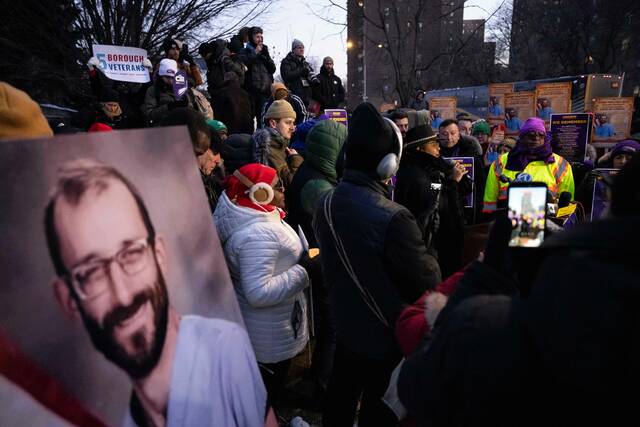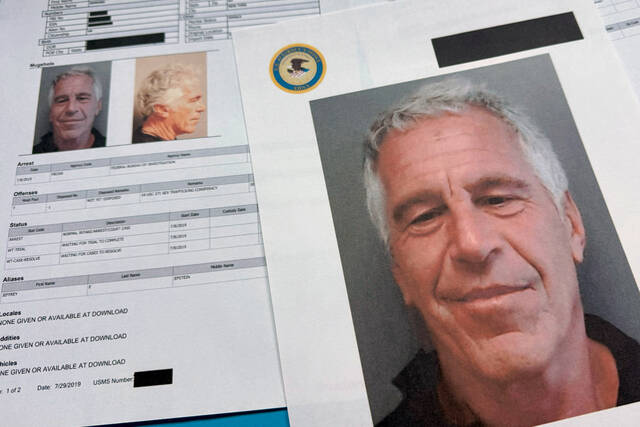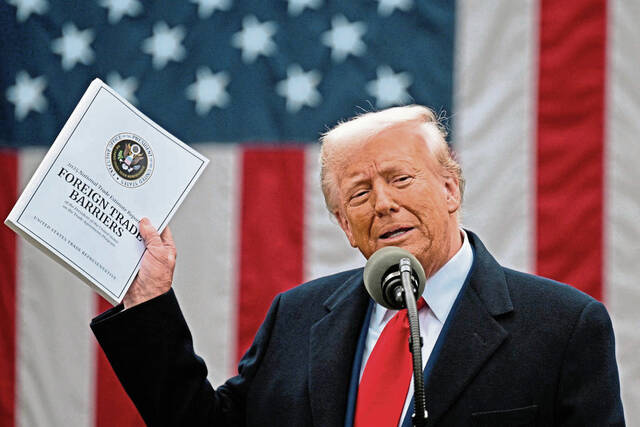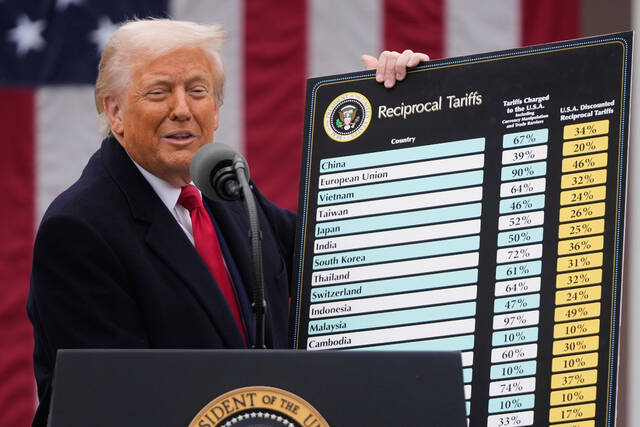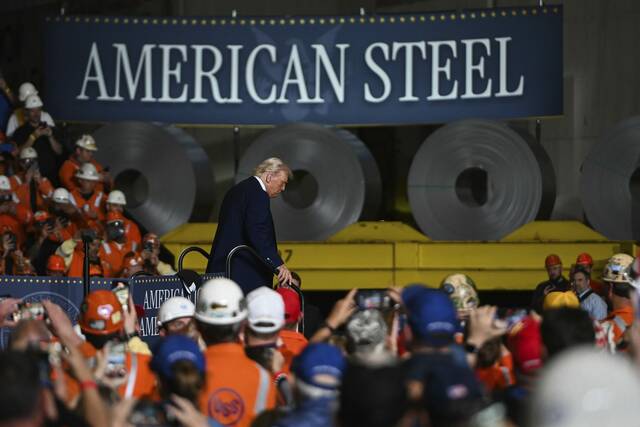Pennsylvania recently surpassed stalwarts like Nevada and New Jersey to become the national leader in online gaming. But now, Keystone State lawmakers are proposing a tax increase that could reverse that growth and drive the industry underground into the black market.
With tax rates of 36% for sports betting and 16% for online games such as blackjack and poker, operators in Pennsylvania already pay some of the highest taxes on gaming revenue in the country. Legislators are considering a massive increase in these taxes, up to as much as 54% for sports betting and 32% on other online games. The proposed rates would be the highest in the United States, as New York, New Hampshire and Rhode Island currently tax online sportsbooks at 51% of gross revenue.
Unfortunately, Pennsylvania lawmakers see online gaming revenues as low-hanging fruit for taxation. They are eager this session to use this new revenue to close a major budget gap from fiscal year 2024-25.
Pennsylvania’s tax is already at the ceiling, and sportsbooks cannot absorb a higher tax. An increase could spell trouble for the incredible growth the state has experienced. Such levies effectively become taxes on consumers, since the costs are passed on from operators in the form of higher taxes on winnings, or more indirectly in the form of fewer promotions and worse betting odds. With the proliferation of illegal books and prediction markets, consumers now have options to abandon the legal market, none of which pay a cent in tax dollars to the state.
This year, Illinois added a per-bet excise tax of a quarter on the first 20 million bets an operator handles annually, and 50 cents per bet for any additional bets. Notably, Illinois’ new rate is still below PA’s existing 36% rate. As for the consumer impact, FanDuel, one of that state’s biggest operators, said it would pass that tax directly to its customers.
Online sports betting has quickly become one of the most successful industries in the U.S., with nearly $14 billion in revenue flowing through legal sportsbooks last year.
Pennsylvania captured $2.8 billion in total gaming tax revenue in 2024, according to the Pennsylvania Gaming Control Board’s annual report. This includes proceeds from not only sportsbooks and online casinos but also land-based casinos, fantasy sports and video-game terminals at truck stops. Revenues increased in the state by 8.5%, with one of the biggest drivers of growth being sports wagers. Pennsylvanians bet $8.7 billion on sports in 2024, generating $487 million in tax revenue.
Reuters reported that “Pennsylvania has cemented its position as the commercial gambling revenue leader in the United States, surpassing established rivals with a market characterized by high taxation and aggressive digital expansion.”
Additional taxes or assessments would harm both the Pennsylvania market and the state’s competitiveness relative to neighboring jurisdictions. States such as Maryland, West Virginia and New Jersey are short drives away and could benefit from interstate gaming traffic. Pennsylvania residents might also turn to black-market offshore sportsbooks and online poker rooms.
Justin Leventhal, senior policy analyst for the American Consumer Institute, wrote in The Hill that reasonable and predictable tax structures provide marketplace certainty and encourage competition.
“It also provides states with a sustainable source of revenue without driving bettors to untaxed offshore sites where they can easily be taken advantage of,” he wrote. “Unfortunately, many states have embraced the counterproductive approach. Instead of encouraging a healthy, competitive market, they have chosen sky-high tax rates and bizarre per-transaction levies.”
For a real-world example of this, one can examine the online poker market. In the early days of the poker boom 25 years ago, players were forced to compete on websites based in foreign markets, free of regulation. Many of these markets folded (pun intended) without returning players’ money. Full Tilt Poker, one of the largest of these online poker sites, was described by the Department of Justice as a Ponzi scheme. Now, online poker players can compete on safe and regulated websites based in the U.S., including on PokerStars in Pennsylvania.
State lawmakers should not enact policies that would reverse this welcome trend toward safety and regulation for sports and online casino bettors, pushing them toward black markets. The current structure is fair to operators and participants, while providing Pennsylvania with a growing source of tax revenue. By chasing players to untaxed and often shady markets, over-taxation threatens to decrease revenue flowing into state coffers. Legislators should play the cards they have been dealt and not gamble on higher taxes.
David Williams is president of the Taxpayers Protection Alliance.



